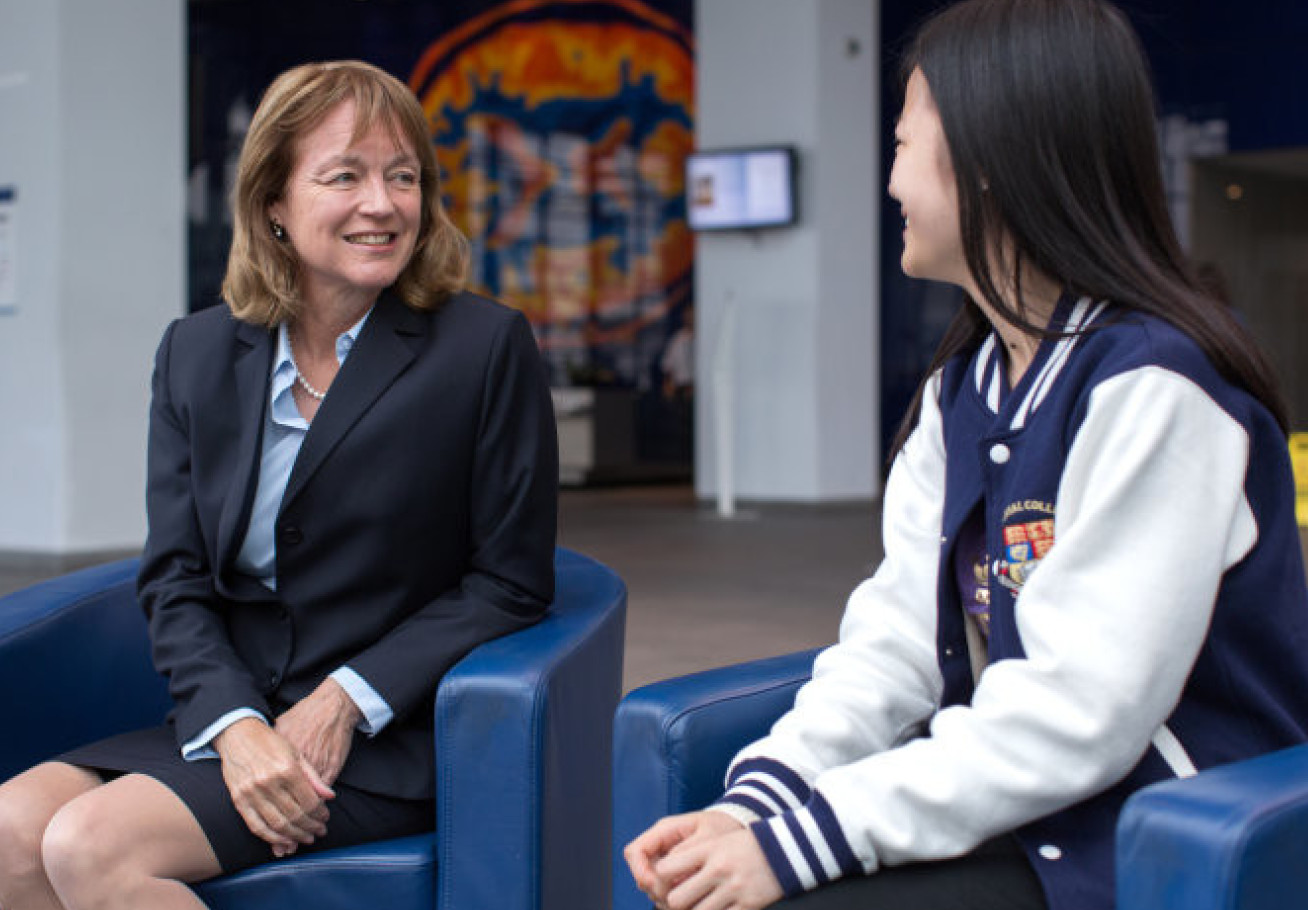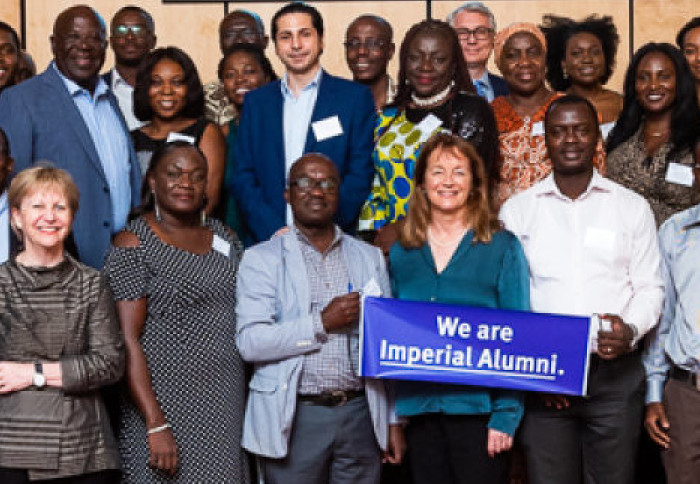
Imperial’s President argues that universities can craft their own 'foreign policy' to strengthen, expand and focus international collaborations.
"Scientists are natural diplomats. Collaboration and education are our strengths. Universities can and should make the most of this potential." says Professor Alice Gast, President of Imperial College London
Writing in Science & Diplomacy, President Alice Gast, said: “Universities can strengthen and expand international collaborations in research and teaching by developing their own foreign policy and making it an essential part of their overall strategy.”
President Gast, who previously served as the United States Science envoy to Central Asia and the Caucasus, said: "Scientists are natural diplomats. Collaboration and education are our strengths. Universities can and should make the most of this potential."
President Gast adds: "Science is inherently collaborative. We see the importance of sharing information, data, and expertise on COVID-19. We know that during the SARS epidemic in 2002, delays in sharing information cost lives."
The three important elements of a university’s foreign policy are networks, capacity building, and reciprocity, she argues.
Networks: multinational collaborations
"Collaborative science creates networks that build upon relationships, reduce silos, and create opportunities to work together. These networks are strong because they are based on science and they can build bridges that transcend geopolitical differences," writes President Gast
In the past decade, Imperial has collectively collaborated with peers in 192 countries and more than half (56%) of the institution's research papers have had international co-authors.
For Imperial, European and global connections go hand in hand. Over 66 percent of Imperial's publications with a US coauthor also have a European coauthor.
Imperial bioengineer Molly Stevens collaborates with scientists in the US and Sweden to develop cheaper, faster, and easier-to-use tests for diseases like cancer, malaria, heart failure, tuberculosis, and now COVID-19.
Imperial has also created a European Partners Fund to initiate and pursue collaborations with colleagues in Germany, Italy, France, the Netherlands, Turkey and Greece.
Capacity building: collaborating with new partners
President Gast writes: "We should place a special emphasis on building capacity in places that are up and coming and will be major contributors in the decades to come.
"At Imperial we have been increasing our collaborations in Africa and we are benefitting from their expertise and talent.
"This includes a major partnership with the African Institute of Mathematics Sciences (AIMS) aimed explicitly at training the next generation of African scientists."

Imperial's growing research connections.
The AIMS partnership with Imperial will enable new research collaborations to emerge between Imperial academics and leading African scientists, help train and develop the next generation of scientists in Africa, and support Imperial academics to spend time working at AIMS Centre.
Reciprocity: sharing work and credit in joint projects
President Gast writes: "Two fundamental principles of diplomacy are mutual respect and reciprocity. In a university foreign policy, this means developing relationships where researchers and students visit each other’s campuses and share work and credit in joint projects.
"This is science diplomacy in action and provides us the opportunity to ensure that the next generation of scientists are also prepared to be diplomats as well.
"The need to build networks, relationships, and capacity should be top of mind when we collaborate.
"We need to avoid the temptation to be the outside experts who take most of the credit."
This article was first published on 22 January by Imperial College London.





 A unique international forum for public research organisations and companies to connect their external engagement with strategic interests around their R&D system.
A unique international forum for public research organisations and companies to connect their external engagement with strategic interests around their R&D system.